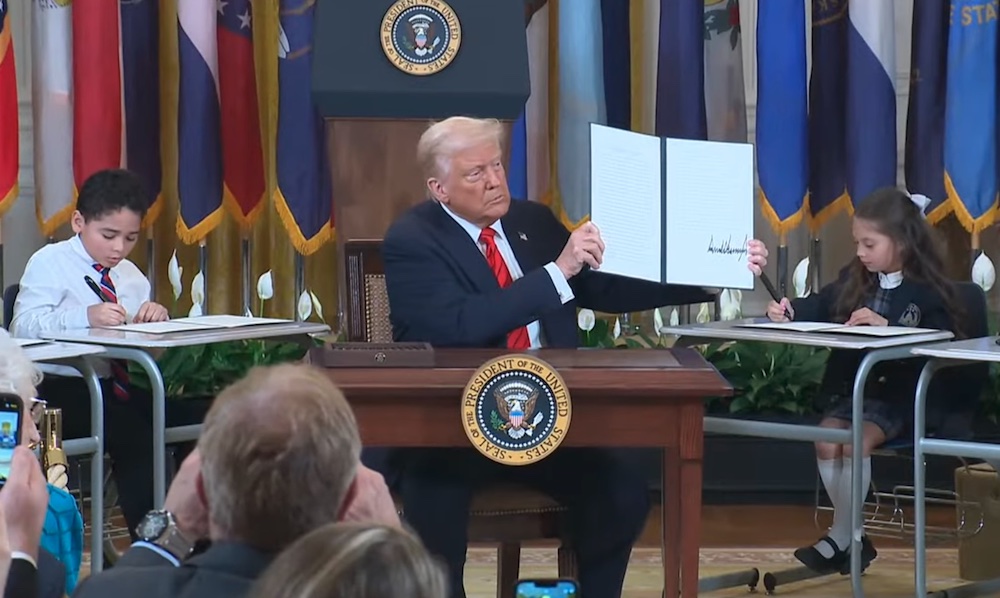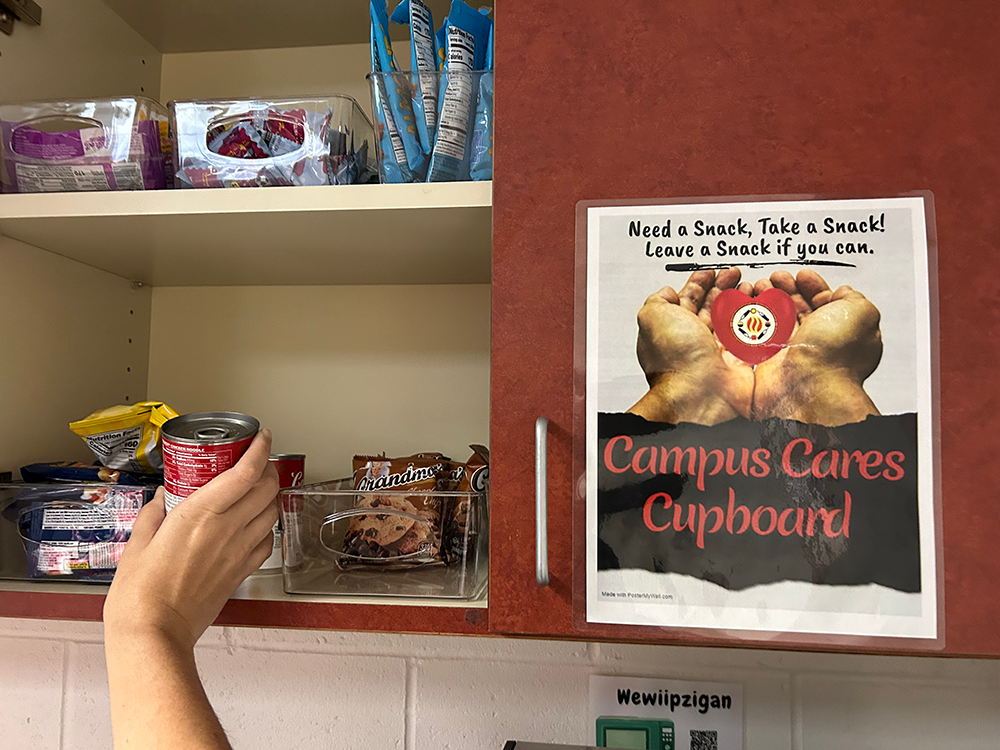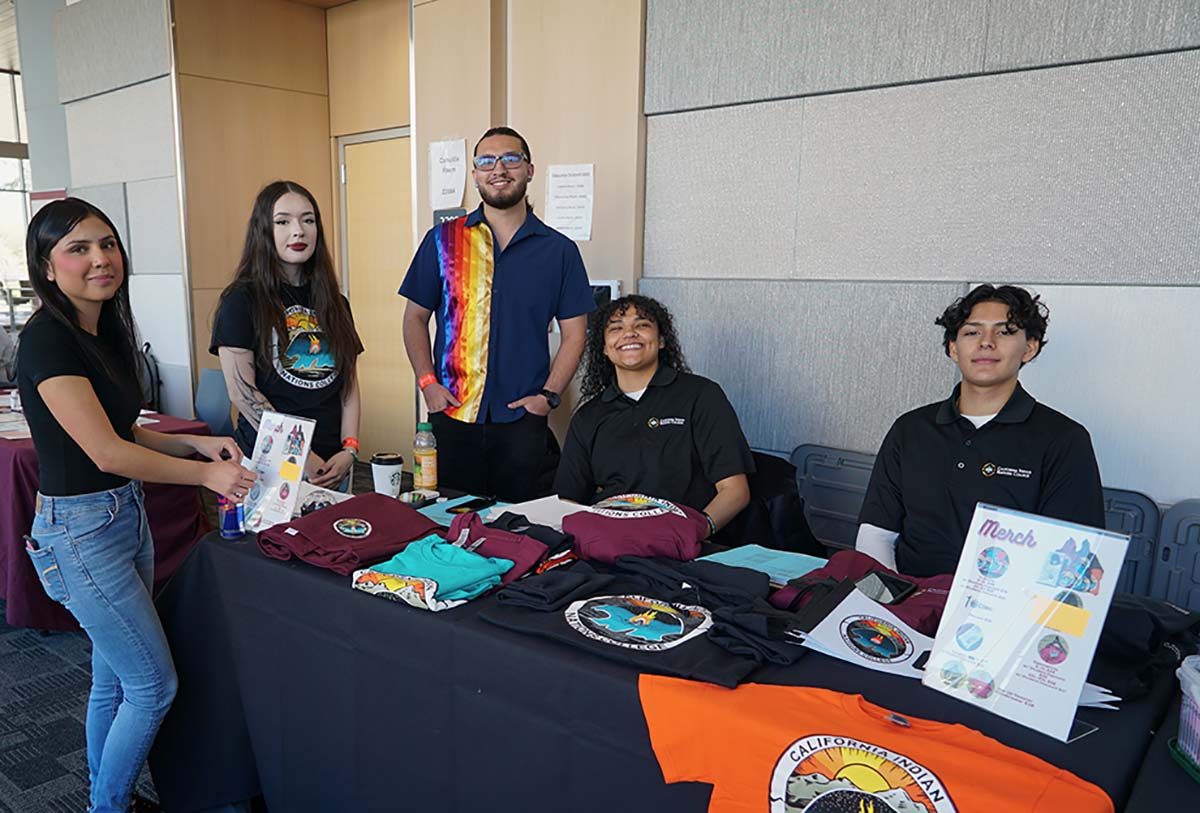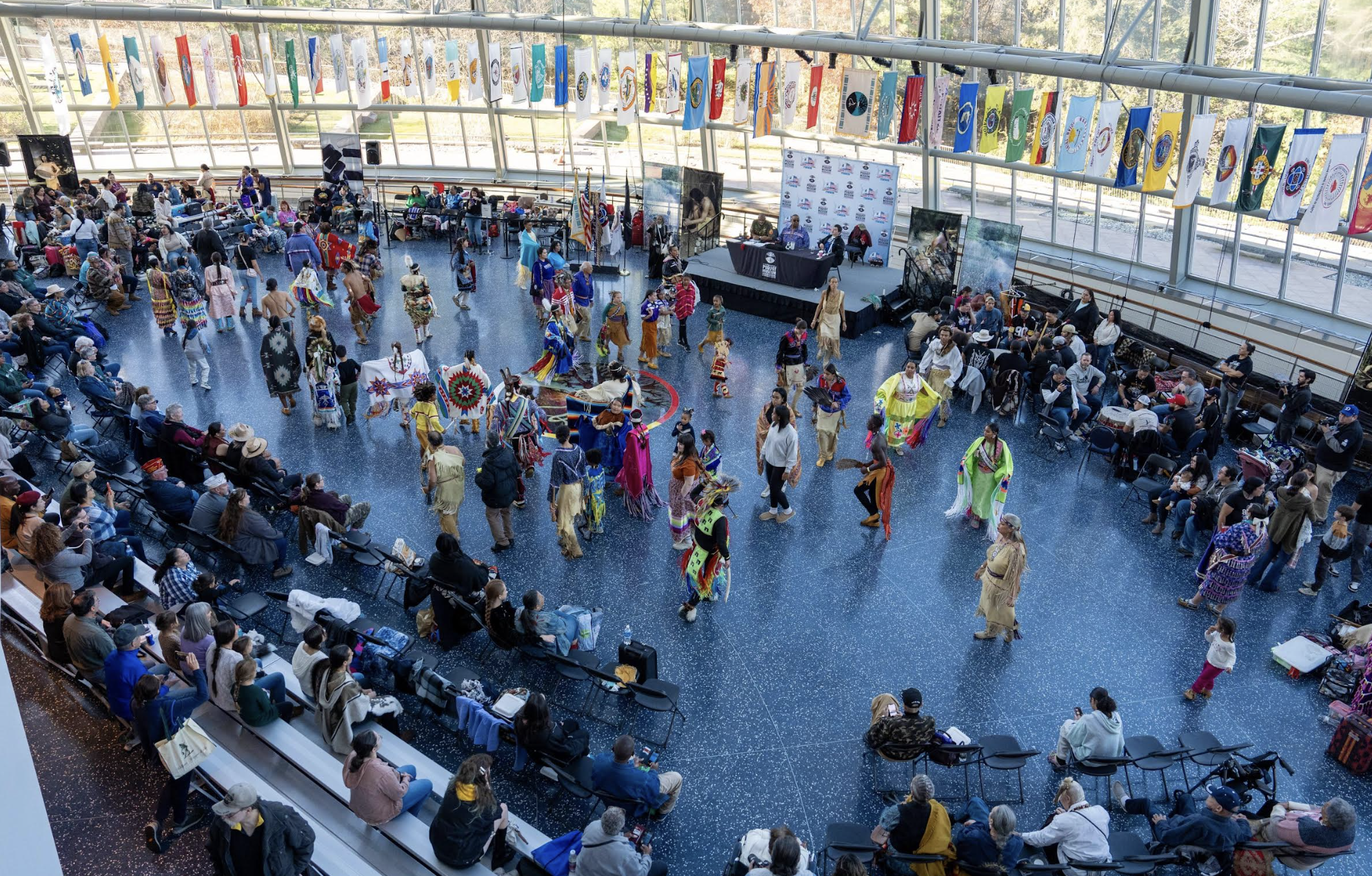
- Details
- By Levi Rickert, Brian Edwards, Neely Bardwell
President Donald Trump signed an executive order Thursday directing Secretary Linda McMahon to begin dismantling the Department of Education and return education authority to the states.
The move has sparked serious concerns among Native American leaders and education advocates who point out that the federal government — not states — holds trust and treaty obligations to provide education to American Indians, Alaska Native, and Native Hawaiians.
While Trump’s executive order — titled “Improving Education Outcomes by Empowering Parents, States, and Communities — begins the process of shutting down the department, completely eliminating the agency would require congressional approval. The department was established by Congress in 1979 during the Carter administration.
“Sounds strange doesn’t it? Department of Education, we’re going to eliminate it,” Trump said during White House remarks before signing the order. “And everybody knows it's right.”
The Department of Education plays a crucial role in fulfilling federal trust obligations to Native students, the vast majority of whom rely on its programs. More than 92% of Native American students attend K-12 public schools, including charters, rather than Bureau of Indian Education (BIE) schools, according to data from National Center for Education Statistics.
The Education Department also oversees several programs that specifically support Native American education, including grants under Title VI of the Elementary and Secondary Education Act, which funds culturally responsive education for Native students.
Sen. Brian Schatz (D-Hawaii), vice chairman of the Senate Committee on Indian Affairs, called the move “a betrayal of a sacred federal promise.”
“One of the federal government's core trust and treaty responsibilities to American Indians, Native Hawaiians, and Alaska Natives is to provide education,” Schatz said. “Without a functional Department of Education, Native students – more than 90 percent of whom attend public schools – will be at the mercy of state governments that have no legal responsibility to meet their needs.”
Schatz warned that abolishing the department “would slash funding for protected populations, including Native students in public, charter, and BIE schools who rely on critical resources,” like special education services, Impact Aid and Title VI Indian education programs.
Rep. Sharice Davids (D-Kan.), an enrolled member of Ho-Chunk Nation, criticized the executive order as politically motivated rather than education-focused.
“Donald Trump's attempt to dismantle the Department of Education isn't about improving schools — it's about diverting taxpayer dollars away from our kids to give more handouts to his billionaire friends,” Davids said. “I respect the role of states in shaping their education systems, but the U.S. Department of Education fills critical gaps — ensuring students with disabilities get the support they need, helping rural schools stay afloat, and keeping our country competitive.”
Karoline Leavitt, press secretary for Trump, told reporters this morning that the Education Department would not be completely shut down under the order, saying “critical programs” will remain.
In a statement to Native News Online, a BIE spokesperson said the bureau remains committed to providing culturally relevant education for Native students. While not directly addressing the planned dismantling of the Education Department, the BIE states it will "uphold federal trust and treaty obligations" under Trump's administration while implementing "strategic reforms" to improve efficiency.
Native News Online reached out to the Education Department, but had not heard back as this updated story was published.
Editor's Note: This story has been updated with a comment from the BIE.
Help us tell the stories that could save Native languages and food traditions
At a critical moment for Indian Country, Native News Online is embarking on our most ambitious reporting project yet: "Cultivating Culture," a three-year investigation into two forces shaping Native community survival—food sovereignty and language revitalization.
The devastating impact of COVID-19 accelerated the loss of Native elders and with them, irreplaceable cultural knowledge. Yet across tribal communities, innovative leaders are fighting back, reclaiming traditional food systems and breathing new life into Native languages. These aren't just cultural preservation efforts—they're powerful pathways to community health, healing, and resilience.
Our dedicated reporting team will spend three years documenting these stories through on-the-ground reporting in 18 tribal communities, producing over 200 in-depth stories, 18 podcast episodes, and multimedia content that amplifies Indigenous voices. We'll show policymakers, funders, and allies how cultural restoration directly impacts physical and mental wellness while celebrating successful models of sovereignty and self-determination.
This isn't corporate media parachuting into Indian Country for a quick story. This is sustained, relationship-based journalism by Native reporters who understand these communities. It's "Warrior Journalism"—fearless reporting that serves the 5.5 million readers who depend on us for news that mainstream media often ignores.
We need your help right now. While we've secured partial funding, we're still $450,000 short of our three-year budget. Our immediate goal is $25,000 this month to keep this critical work moving forward—funding reporter salaries, travel to remote communities, photography, and the deep reporting these stories deserve.
Every dollar directly supports Indigenous journalists telling Indigenous stories. Whether it's $5 or $50, your contribution ensures these vital narratives of resilience, innovation, and hope don't disappear into silence.
 The stakes couldn't be higher. Native languages are being lost at an alarming rate. Food insecurity plagues many tribal communities. But solutions are emerging, and these stories need to be told.
The stakes couldn't be higher. Native languages are being lost at an alarming rate. Food insecurity plagues many tribal communities. But solutions are emerging, and these stories need to be told.
Support independent Native journalism. Fund the stories that matter.
Levi Rickert (Potawatomi), Editor & Publisher

















